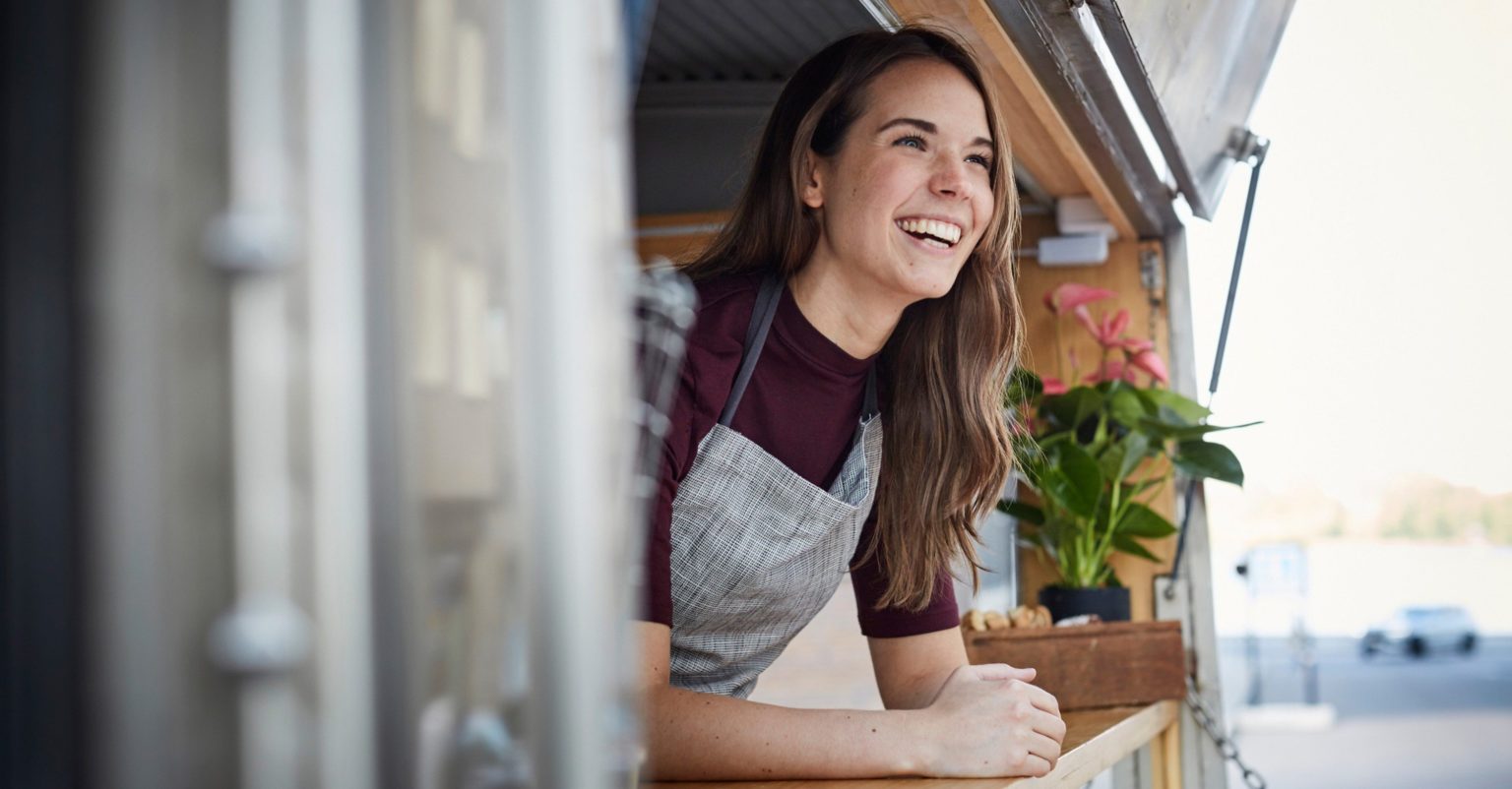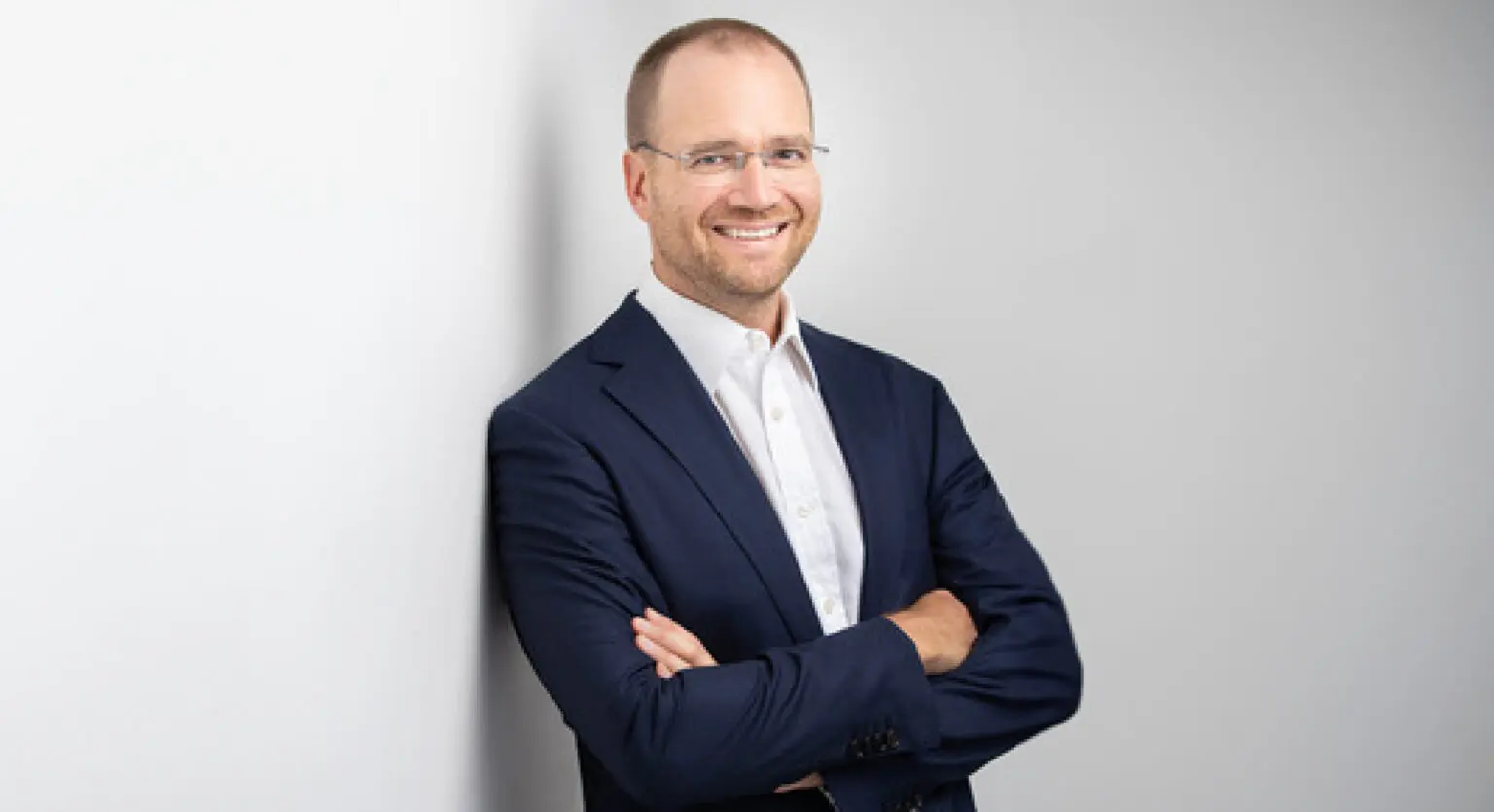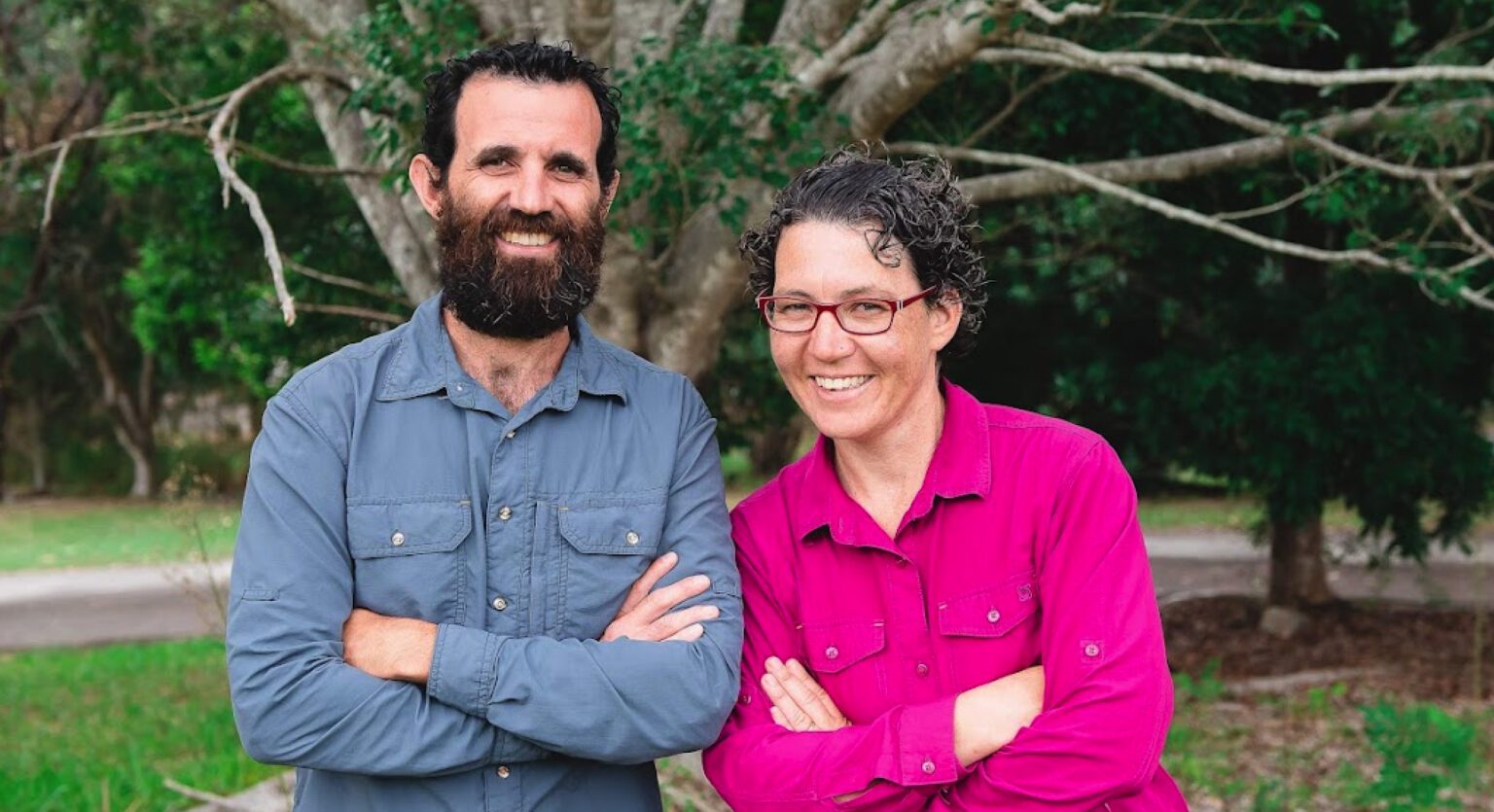The two winners of Prospa’s recent radio competition share why they pivoted into the small business space, how they intend to spend the prize money, and their plans for future business growth.
At a glance
- Prospa's radio competition, in partnership with the Hit Network, awarded $5,000 to two small business owners for sharing why they love their small business and how it could prosper with the cash prize.
- Louise Brady’s fashion line for children was spawned as a response to the excesses of fast fashion.
- Cameron Bastow’s property maintenance business enables him to indulge a love for getting his hands dirty and fixing things.
- Both intend to inject the prize money back into their business to upgrade existing services or expand the brand.
Times are tough, but small business owners are showing their resilience with ambitious plans for the future. Prospa recently sponsored a radio competition that awarded $5,000 to two Australian small business owners planning to grow their business or push their brand in a new direction. The two small business owners were awarded for sharing why they love their small business and telling us how they plan to use the cash prize for their business.
One of the winners, Louise Brady, is Founder and Owner of Sukoo the Label, a children’s clothing line with an emphasis on fair trade and quality. Louise’s background is in early childhood, and she has just launched a new initiative where customers return their clothing from prior seasons to be repurposed, and receive a discount on their next purchase.
The other winner, Cameron Bastow, switched his desktop for his toolbox when he left full-time work in the real estate industry and founded Cameron Bastow Property Services, which has grown significantly via word of mouth. In pivoting to property services and maintenance, Cameron gets to indulge a long-time hobby: using his hands to fix things for others.
We asked Louise and Cameron about why they do what they do – and how they plan to spend the prize money.
Why did you start up your own small business?

Louise Brady
Louise: My background is in early childhood. I was frustrated by the fast pace of the fashion industry and how much plastic everything was coming in. I noticed I was constantly checking the labels on clothing. Someone said to me that the best businesses are kind of born from solving problems. So I thought, “I’m gonna start my own fashion label, and I’m going to do it a little bit differently.”

Cameron Bastow
Cameron: I’ve had 25 years’ experience in real estate, and 10 years in retail banking. Everything on my resume says white collar. But I really enjoy working with my hands. I’ve restored sailing boats, motorbikes and cars. With my business, I do anything from lawn care and painting to repairs and photography, and drone work as well. My kids have just bought a house – I’m doing renovation work on that as well. Getting out of the office and working in the field has been great.
Why did you enter the Prospa radio competition?
Louise: When I started the fashion label, I wasn’t a mum. When I got pregnant with my son, that’s when I decided that I really wanted to start taking it a little bit more seriously. My year of maternity leave had ended and I’d just made the decision that I wasn’t going to go back. When I was driving home, I heard about the competition on the radio, and just thought, “I might as well give it a go.”
Cameron: I found it on the webpage, and thought, “That suits me to a tee.”
What will you do with the prize money?
Louise: I’m going to be using the money to do a little bit of basic SEO for the website. We’ve got a marketing mentor app we’re looking into. And we can invest into the next range of stock. It’s hard to keep the cash coming in, so it’s meant that I can knuckle down on some of the things that I’ve really wanted to do, but just haven’t been able to because of cash flow.
Cameron: In the early stages, whatever I was earning I was putting back into buying tools. What I’m looking at doing is building the business. If I need to invest more into the business, I can draw on those funds. Or if there’s a particular job requiring specific tools, or even if I have to employ someone else to come and assist with jobs, that probably is good for that side of things. Whether I upgrade into a dual-cab ute or whether I put it towards more tools, it’s given me a few more options.
Where to next for your small business?
Louise: I’ve always had inventory problems where I haven’t been able to get enough stock to allow wholesale to buy in. But now, with this extra money, the plan is to open up to the shops that have been interested, and get more stock on hand as well.
Cameron: The end goal is to probably cut ties with my other job in real estate and do the property maintenance full-time. There’s a cut-off point where one business overruns the other – that’s where I’m headed.
Need funds to take advantage of a growth opportunity? Speak with a Prospa small business lending specialist about a funding solution that keeps your small business moving.








